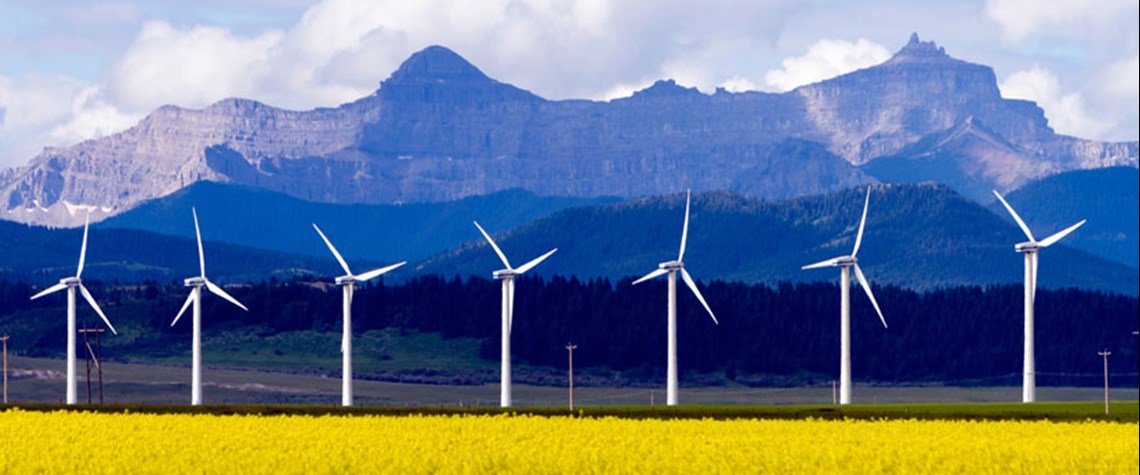Letter from Canada: Alberta concedes to energy transition
The region’s hydrocarbons sector grudgingly accepts the inevitable rise of low-carbon energy, and the government is taking steps not to be left out
The Alberta government and the province’s all-important oil and gas industry have been slow to accept the way the world is changing. Despite the US shale gas revolution bringing an end to sky-high gas prices at the end of the 2000s and the US light-tight oil revolution doing much the same for oil prices by the middle of last decade, the province has widely snubbed decarbonisation efforts. The provincial government and the oil sands industry have refused to accept the threat posed by the global climate movement, with some irrationally attacking the science supporting it and anyone who accepts it—including the Canadian government under the leadership of Prime Minister Justin Trudeau. 40p

Also in this section
17 February 2026
The 25th WPC Energy Congress, taking place in Riyadh, Saudi Arabia from 26–30 April 2026, will bring together leaders from the political, industrial, financial and technology sectors under the unifying theme “Pathways to an Energy Future for All”
17 February 2026
Siemens Energy has been active in the Kingdom for nearly a century, evolving over that time from a project-based foreign supplier to a locally operating multi-national company with its own domestic supply chain and workforce
17 February 2026
Eni’s chief operating officer for global natural resources, Guido Brusco, takes stock of the company’s key achievements over the past year, and what differentiates its strategy from those of its peers in the LNG sector and beyond
16 February 2026
As the third wave of global LNG arrives, Wood Mackenzie’s director for Europe gas and LNG, Tom Marzec-Manser, discusses with Petroleum Economist the outlook for Europe’s gas market in 2026







